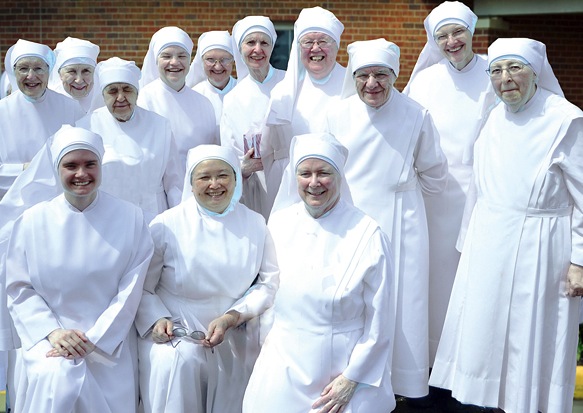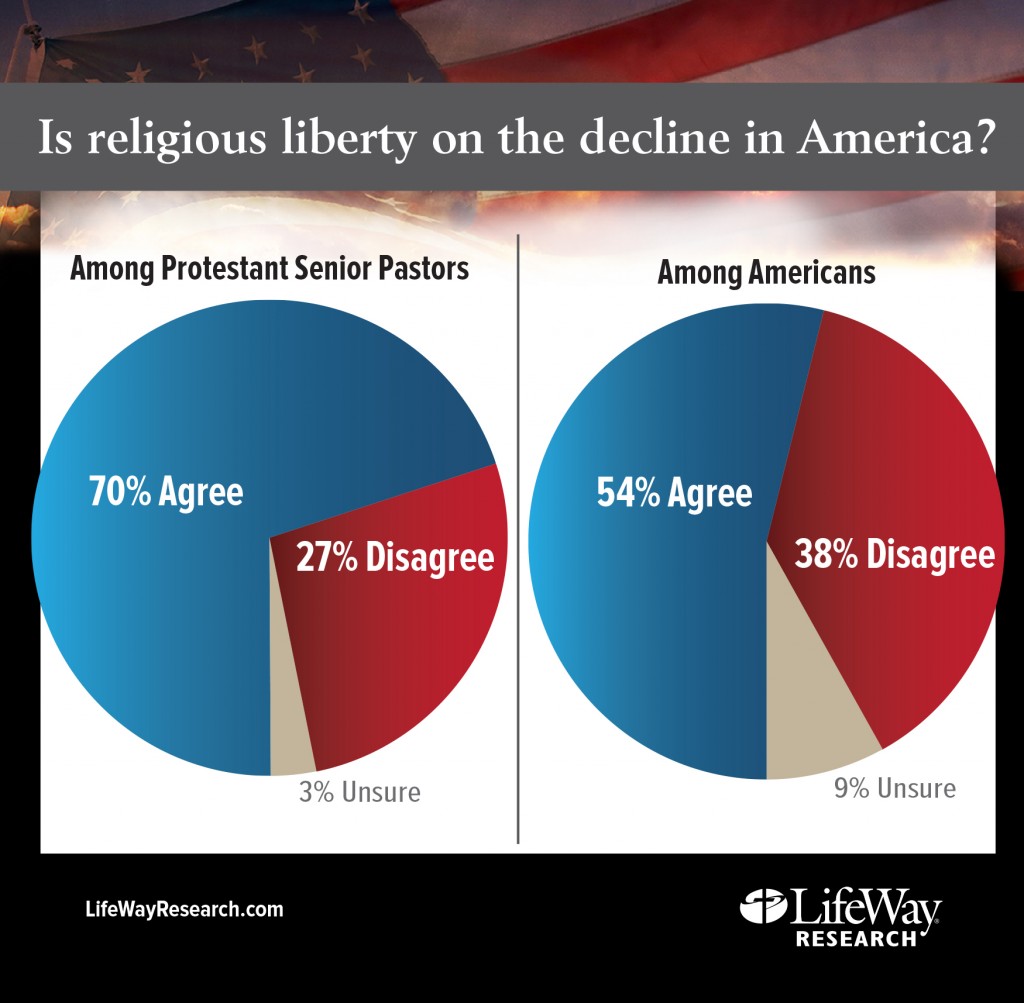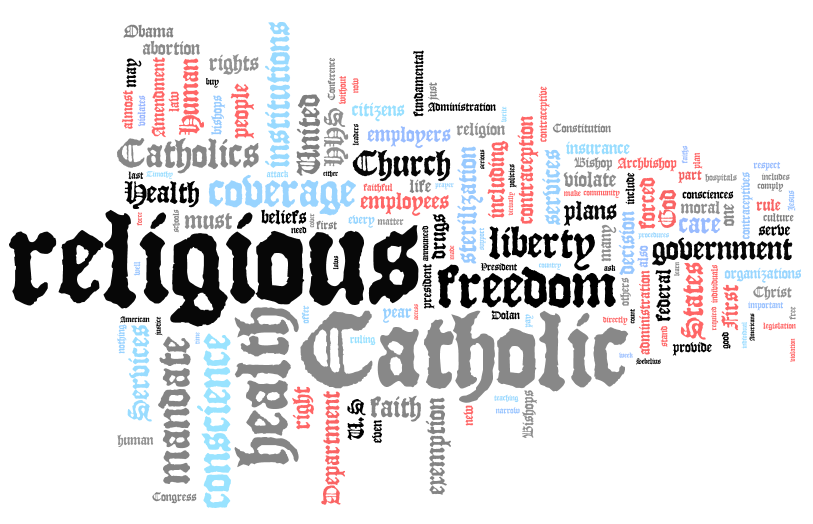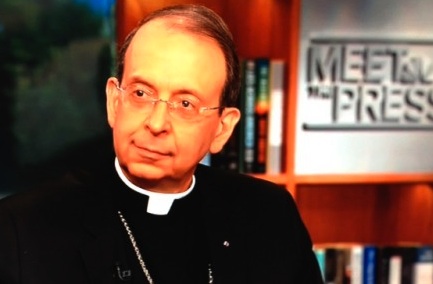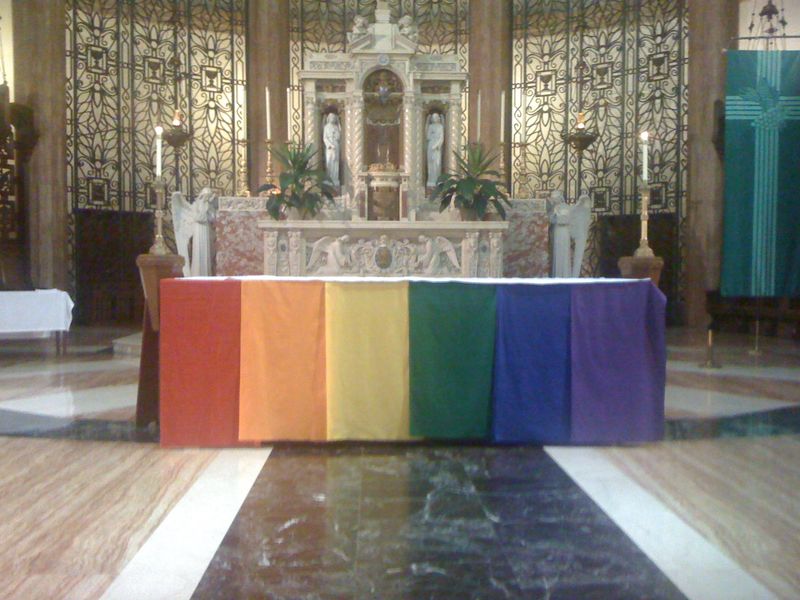As a rule, conflicts between church and state are extremely complex and often produce headaches, even among those who have years of experience working in such dangerous intellectual terrain. Frankly, I have no idea how general-assignment reporters can handle this stuff without the help of thick research folders and very experienced editors.
Today’s New York Times article on the Hobby Lobby case is, in my opinion, a better than average effort when it comes to church-state coverage in the mainstream press. This is important because the Hobby Lobby case is quite strange, since it focuses on whether the leaders of for-profit corporations can argue that their institutions are protected by religious liberty. In other words, this is a “church-state conflict” — I added the distancing quote marks — that does not involve a church.
This report does, however, oversimplify one or two important pieces of the maddeningly complex HHS mandate story. I’ll get to that shortly.
So what went right? I thought that the top of the piece was especially strong:
WASHINGTON — Hobby Lobby, a chain of crafts stores, closes on Sundays, costing its owners millions but honoring their Christian faith.
The stores play religious music. Employees get free spiritual counseling. But they do not get free insurance coverage for some contraceptives, even though President Obama’s health care law requires it.
Hobby Lobby, a corporation, says that forcing it to provide the coverage would violate its religious beliefs. A federal appeals court agreed, and the Supreme Court is set to decide on Tuesday whether it will hear the Obama administration’s appeal from that decision or appeals from one of several related cases.
Legal experts say the court is all but certain to step in, setting the stage for another major decision on the constitutionality of the Affordable Care Act two years after a closely divided court sustained its requirement that most Americans obtain health insurance or pay a penalty.
So Hobby Lobby is clearly not a non-profit, religious voluntary association, like a Catholic school, an Orthodox Jewish clinic or a Pentecostal homeless shelter. So why is this case complex? Why is this even an issue?
This is where the Times report is quite strong. You see, there was that 2010 decision called Citizens United, the one the Obama White House detests so much because of its impact on campaign financing, the one that said corporations have free speech rights.
The question now is whether corporations also have the right to religious liberty. In ruling for Hobby Lobby, the United States Court of Appeals for the 10th Circuit said it had applied “the First Amendment logic of Citizens United.”
“We see no reason the Supreme Court would recognize constitutional protection for a corporation’s political expression but not its religious expression,” Judge Timothy M. Tymkovich wrote for the majority.
A dissenting member of the court, Chief Judge Mary Beck Briscoe, wrote that the majority’s approach was “nothing short of a radical revision of First Amendment law.”
But Judge Harris L. Hartz, in a concurrence, said the case was in some ways easier than Citizens United. “A corporation exercising religious beliefs is not corrupting anyone,” he wrote.
However, the religious owners of such a corporation may in fact be denying basic health care to their employees — employees of a company that is ultimately seeking profits, rather than operating under the defining umbrella of a doctrinal mission statement.
Then again, Hobby Lobby is not your normal corporation, as the story notes, because founder David Green and his family control it through a privately held corporation. At this point, Hobby Lobby has “more than 500 stores and 13,000 employees of all sorts of faiths.” It faces federal fines of $1.3 million a day if it fails to offer “comprehensive” health-care coverage, as defined under Obamacare.
So what is missing from this otherwise detailed and rather balanced report?
(more…)


